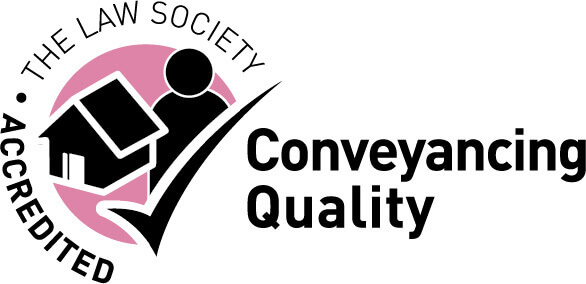- Coronavirus: Spring 2021
The government has released a ‘roadmap’ to ease coronavirus related restrictions and to bring the UK out of lockdown. The following changes are anticipated to take place, however they will be dependent upon the number of coronavirus cases in the UK and upon sustaining the NHS:
- From 12 April: non-essential retail, personal care premises, public buildings and indoor leisure facilities will reopen. Outside hospitality venues will also reopen and will be allowed to serve people outdoors. There will be no curfew or requirement for a substantial meal in order to buy alcoholic drinks.
- From 17 May: 6 people or 2 households may meet indoors. Outside meetings of less than 30 will be allowed. Indoor hospitality venues will reopen, however customers will have to order, eat and drink while seated. Up to 30 people may attend weddings, receptions and funerals. Individuals may be able to travel abroad.
- From 21 June: All legal limits on social contact will be removed. Remaining commercial premises will be reopened, such as nightclubs, and large events / performances will be allowed.
Returning to work
Employers must continue to ensure that the workplace is ‘Covid-secure’ and demonstrate robust strategies for managing the risk of transmission. Employers should regularly review their health and safety policies and carry out appropriate risk assessments to safeguard against any risks. Government guidance should also be followed to demonstrate that an employer is satisfying their legal obligations.
To tackle the transmission of Covid-19 and produce a safe environment during the pandemic, employers should:
- keep infected staff out of the workplace i.e. by testing employees;
- follow strict hygiene rules; and
- enforce social distancing rules and ventilation.
Workplace testing and vaccinations
It is not mandatory for employers to test their staff, however they may wish to introduce testing into their workplace policies and procedures for those employees who cannot work from home.
Businesses of all sizes can now register to order lateral flow tests for their workers.
The Advisory, Conciliation and Arbitration Service (Acas) has released new guidance on workplace testing for Covid-19 which employers may find interesting and may wish to consider. The guidance can be found at https://www.acas.org.uk/working-safely-coronavirus/testing-staff-for-coronavirus and includes helpful information and practical tips on how the tests should be carried out and what employers will need to do with test results.
Acas has released a similar piece of guidance in relation to getting the coronavirus vaccination at work and how to support workers during this time, in particular, how to deal with workers who are refusing to be vaccinated. The guidance can be found at https://www.acas.org.uk/working-safely-coronavirus/getting-the-coronavirus-vaccine-for-work.
Data protection
If an employer plans on carrying out workplace testing and collecting information on staff who have been vaccinated, they will need to consider and assess their data protection policies and how they plan on collecting the data. The collection and recording of data (processing) will need to be carried out in accordance with the UK’s data protection laws.
Particular care will need to be given as the information being processed relates to an individual’s health and may therefore be classed as ‘special data’. The UK data protection laws set out heavier burdens where ‘special data’ is being processed.
Businesses must ensure they are adhering to the 7 principles of the UK GDPR, in particular, personal data should be processed lawfully, fairly and in a transparent manner in relation to individuals. Employers will also have to justify the introduction of any policies and use of personal data, which will depend on each workplace, the role and any particular risks of the job.
- The Department of Health and Social Care consults on mandatory vaccinations for staff in care homes with older adult residents
A 5-week consultation has been launched looking at requiring care home providers who are caring for older adults to deploy only those workers who have been vaccinated against Covid-19. Care home workers are already being encouraged to have a vaccine to keep themselves and those they care for safe.
Local authorities have begun implementing a vaccination rate which care home providers must meet to provide a minimum level of protection. For example, SAGE (a social care working group) have advised that 80% of staff and 90% of residents need to be vaccinated where older residents are being cared for. At present, only 53% of older adult homes in England are meeting this threshold.
Should the consultation result in a mandatory policy, staff who are medical exempt will not be required to be vaccinated.
- Limit on tribunal awards to rise
The following new figures will apply for certain dismissal claims where the effective date of termination falls on or after 06 April 2021:
- The limit on a week’s pay will rise from £538 to £544;
- The maximum compensatory award for unfair dismissal rises from £88,519 to £89,493; and
- The minimum basic award for certain unfair dismissals (including health and safety dismissals) rises from £6,562 to £6,634.
The changes are laid out in The Employment Rights (Increase of Limits) Order 2021.
If you are either an employer or employee and require advice on any of the above, please contact Hatchers Solicitors’ Employment Law Team on 01743 248545 or mail@hatchers.co.uk.





